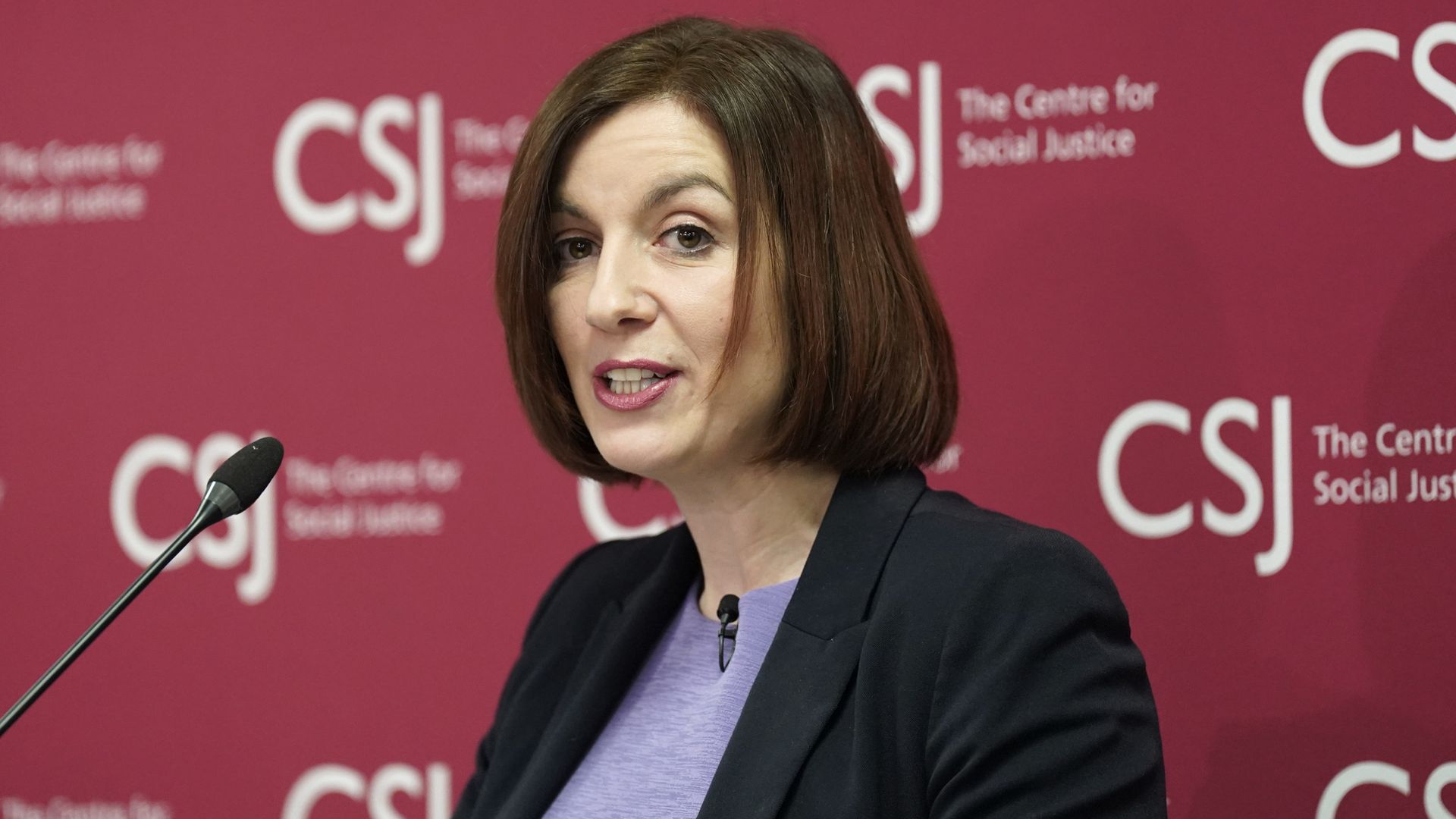Labour’s shadow education secretary has been criticised for refusing to rule out an increase in university tuition fees if the party wins the general election.
The National Union of Students (NUS), which represents university and college students across the UK, said a potential rise in tuition fees would “hamper their future” and that loan debt was already “unsustainable”.
Bridget Phillipson said during a BBC Question Time debate on Thursday evening that UK universities were facing “enormous challenges” and the question of how they would be funded did not have any “straightforward” answers.
She said the decade-long freeze on tuition fees, which has set them at about £9,000 per year, meant universities across the country were “increasingly struggling to cover the cost of tuition”.
General election latest: Why now? | Your election questions answered
Ms Phillipson said international students made an “enormous contribution” to the UK’s towns and cities – but they were “increasingly cross-subsidising the education of domestic students because of the situation we’ve ended up in”.
Asked whether fees would increase under Labour, Ms Phillipson said the prospect was a “really, really unpalatable choice”, adding: “I do not want to have to do that, I absolutely don’t.”
Tory MP Caroline Nokes ‘jokingly’ confronted Wes Streeting over defection claims
Labour pitches into Tory territory with business support letter
Rishi Sunak and Keir Starmer trade blows on migration as general election campaign begins
But pressed by fellow panellists whether she would rule it out, the shadow education secretary did not answer.
Keep up with all the latest news from the UK and around the world by following Sky News
Her refusal to rule out a potential rise appeared to be at odds with her party leader Sir Keir Starmer, who told Sky News this morning the current system was “unfair” on students and universities.
Sir Keir has faced criticism within his own party for rowing back on a number of the pledges he made during his campaign for the Labour leadership, including the promise to scrap tuition fees.
“I did advocate getting rid of tuition fees, you’re absolutely right about that,” the Labour leader said – but he argued that the “damage” that had been done to the economy and the NHS meant the “money is not available to do both”.
Please use Chrome browser for a more accessible video player
“In the end, if you can’t do both, you have to make a decision. I’ve taken a political choice,” he said.
Chloe Field, the NUS vice president for higher education, argued that politicians should not “simply tinker with the current system”.
“The cost-of-living crisis has hit students hard; maintenance has failed to keep pace with inflation and after housing costs the average student is left with just 50p to live on,” she told Sky News.
“Student loan debt has become unsustainable, and thousands of students are now burdened with debt they are unlikely ever to be able to repay. This will hamper their future and stop them meeting their full potential.
“We can’t simply tinker with the current system, because at its core it is deeply flawed. Instead, we need root and branch reform.”
👉 Listen above then tap here to follow Electoral Dysfunction wherever you get your podcasts 👈
A Labour Party spokesperson said: “Labour has been clear that we have no plans to raise tuition fees.”
Read more:
Renters Reform Bill shelved as Tories accused of ‘caving into vested interests’
Starmer brands Sunak ‘desperate’ and says ‘of course there will be TV debates’
A source said the party believed the current repayment system was “unfair” and that it would “assess the system and consider all options” if it wins power on 4 July.
A spokesperson for left-wing campaign group Momentum said: “The Tories sold their tuition fee hike as a lasting fix for higher education.
“But as universities face closure and cuts amid a funding crisis, it’s clear this plan has failed on its own terms.
“If Labour truly wants to break with sticking-plaster solutions, the leadership must address the UK higher education crisis head on and make a manifesto commitment to properly fund higher education, including by scrapping the failed fees system. To load young with yet more debt is unthinkable.”






















